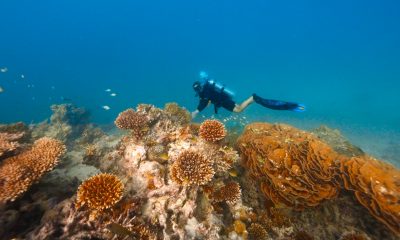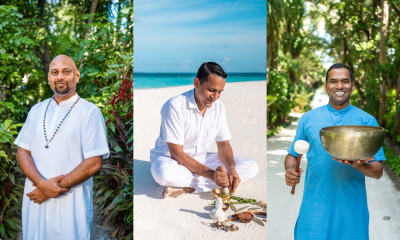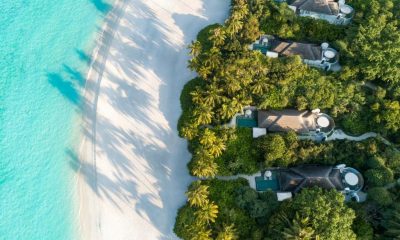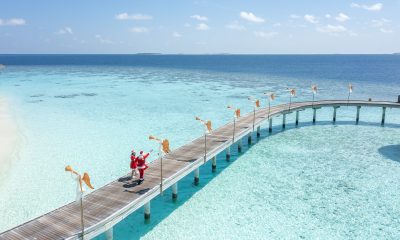News
Anantara takes holistic approach to reef protection in the Maldives


Maldives.net.mv – For over 15 years the team at Anantara Hotels, Resorts & Spas has been committed to protecting the local environment, communities and culture around each of its hotels and resorts whilst creating authentic, luxury travel experiences and indigenous adventures for modern travellers. With four luxury resorts in the Maldives – Anantara Kihavah Villas, Anantara Dhigu Resort, Anantara Veli Resort and Naladhu Maldives – guests can take their pick from some of the best locations and experiences in the Indian Ocean, including getting up close and personal with the local marine life and vibrant coral reefs, snorkelling with manta rays in a UNESCO World Biosphere Reserve, free diving with whale sharks or cruising the house reef 18 metres below the surface, just a few strokes out from the shoreline.
In line with the luxury hospitality brand’s philosophy that environmental responsibility begins at home, the Anantara team in the Maldives joined forces with marine biologists from Coral Reef CPR – conservationists, biologists and ecologists whose mission is to reduce threats and promote sustainable management and rehabilitation of reef ecosystems – in October 2015 to develop ways to protect the coral ahead of the anticipated environmental stresses of El Niño, a climate cycle that has a global impact on weather patterns.
Led by Chief Scientist, Dr. Andrew Bruckner, the pioneering five-year programme, Holistic Approach to Reef Protection or ‘HARP’, encompasses practical environmental protection and marine education with the goal of limiting potential damage to the reefs in the Maldives and ensuring the coral reefs continue to not only survive, but to thrive. As well as Anantara taking its responsibility to the local environment very seriously, the programme will also ensure that guests at each resort – as well as the local community – can continue to enjoy the spectacular world beneath the waterline for many years to come.
Corals in the Maldives
Extending across the expansive Laccadive Sea in the Indian Ocean, the Maldives is a country of atolls; small coral islands encircled by azure lagoons. Unique to the Maldives, luxury resorts are the sole occupants of each island, providing a truly private and unique experience. Coral reefs beneath the shimmering waters of the Maldives protect the pristine beaches and guard the crystal-clear lagoons. They also support an astounding array of tropical fish, crustaceans and bizarre-looking molluscs. But for all of its beauty and apparent resilience, coral is a sensitive organism, vulnerable to extreme weather, sudden environmental changes, the effects of global climate change, as well as outbreaks of coral predators.
Principal investigator and lead scientist with Coral Reef CPR, Dr. Andrew Bruckner, explains: “Some reefs in the Maldives are experiencing unusually high water temperatures which is causing coral bleaching. These coral animals contain symbiotic single-celled algae within their tissues, which provide the coral with up to 90% of its energy. Once stressed, the coral expels these algae, causing them to turn completely white. If algae loss is prolonged and the stress continues, corals can die. But it’s not all doom and gloom, when a coral turns white, it is not dead and if the stress-caused bleaching is not severe, coral can recover.”
Director of Conservation for Minor Hotels, John Roberts, elaborates further: “On their first visit in October 2015 the visiting marine biologists performed a major Crown of Thorns Starfish removal from the reefs surrounding Anantara resorts in South Male Atoll. In the process, the scientists helped save a great reef on Anantara Veli Resort, which is now also proving most resilient to current bleaching. As part of those efforts last year, Coral Reef CPR and Anantara have produced a manual to distribute throughout the country outlining best practice should there be another Crown of Thorns Starfish outbreak.”

Taking A Holistic Approach To Reef Protection (HARP)
In collaborating with leading experts in their fields for ground-breaking marine biology research, Anantara is pioneering the HARP programme. Currently all project work undertaken in the Maldives by Coral Reef CPR for HARP is funded by the Anantara initiative ‘Dollars For Deeds’, whereby Anantara guests are invited to donate one dollar for each night of their stay, which is then matched dollar for dollar by Minor Hotels. Dollars for Deeds funds raised in the Maldives are committed over the coming five years to three key focus areas: protection of marine and coastal environments; environmental education; and community welfare.
In January this year, Coral Reef CPR returned to the Maldives for the first of four monitoring phases throughout 2016. Ten monitoring stations were set up on coral reefs surrounding Anantara resorts in South Male Atoll and Baa Atoll, with the purpose of evaluating the water conditions and marine populations before, during and post 2016 El Niño phenomena. Already widely reported by international media across the globe as being the longest El Niño on record, during Coral Reef CPR’s second visit to the Maldives in April this year, promising results have been extracted from the monitoring stations, despite some alarming findings.
“Since the beginning of March, temperatures on the reef have exceeded 30°C and they remained above 31°C during April, reaching 32 – 33 °C in lagoonal environments,” explains Dr. Andrew Bruckner. “Under normal conditions, sea water temperatures should be 3-4 degrees cooler at depth but these high temperatures are extending beyond 35 metres depth. These high water temperatures are due to an unprecedented El Niño event which is now in its second year. Simultaneously the sea has been unusually calm which has allowed excessive levels of UV light radiation to penetrate the reefs.”
“Due to stressful conditions corals in some areas in the Maldives began to pale in colour at the beginning of April and several sensitive species bleached white. By mid-April between 60-80% of corals on the reef we were monitoring were fully bleached or a very light yellow in colour.
In certain shallow lagoonal environments bleaching was much more severe, and sensitive corals were affected. On a positive note, by the end of April temperatures on Baa Atoll had begun to decline and there was very little coral mortality on the outer reefs.”
SUPER CORALS
Through this research some surprising and exciting revelations have been discovered. Georgia Coward, Project Manager and Fishery Biologist with Coral Reef CPR said: “Although the level of bleaching is similar to that reported during previous El Niño events and is comparable to reports from other countries, we have observed a number of colonies of each species that have proven resistant to changing conditions, possibly by producing protective fluorescent pigments. Similarly certain colonies have not bleached at all despite being located adjacent to corals of the same species that bleached severely. We refer to these as “super corals” and feel that these may have adapted to elevated sea temperatures. Over the coming months we will be analysing extracts taken from the super corals and other coral species in laboratory conditions, as well as looking closely at the fish population reports surrounding them.”

SUSTAINABILITY
In line with Anantara’s commitment to sustainability and a result of the luxury hospitality brand’s ongoing conservation efforts including the HARP project, Anantara Kihavah Villas, Anantara Dhigu Resort, Anantara Veli Resort and Naladhu have all been awarded with Green Growth Certification, an assessment framework for the travel and tourism industy which consists of 37 criteria and 406 indicators. It is based on global standards and international conventions including the UN Global Compact and the UNEP Green Economy Principles.
FUTURE VISITS
Since 2011, guests staying at Anantara resorts in South Male Atoll and Baa Atoll have been able to leave a lasting legacy by participating in coral reef propagation programmes and contribute to the ongoing conservation effort by adopting a coral frame and planting it with the guidance of Anantara’s resident marine biologists. The HARP programme now builds on those initial efforts, with a high level scientific-based practical approach to reef assessment, regeneration and community science.
The third and fourth phases of the HARP Programme with Anantara involve creating a coral nursery to assist in the rehabilitation of degraded and damaged reefs. Through coral mariculture, when the scientists return in July and October 2016, small branches from the identified super corals will be extracted and propagated. Once matured, these corals will be transplanted back on to the reef.
During the visits from Coral Reef CPR scientists, guests at the Anantara resorts in both South Male Atoll and Baa Atoll can enhance their diving and snorkelling experiences by joining the marine biologists on their excursions, and participate in Anantara’s endeavours to keep the reefs healthy and vibrant for generations to enjoy.
Future visits from Dr. Andrew Bruckner, Georgia Coward and other Coral Reef CPR scientists are set for the end of July until mid-August 2016 and October 2016. To select your Anantara Dhigu, Anantara Veli, Anantara Kihavah Villas or Naladhu Maldives experience and to help play a part in the protection and regeneration of coral reefs in the Maldives, visit anantara.com
Drink
German winemaker Patrick Jacklin to host exclusive tasting at Constance Moofushi
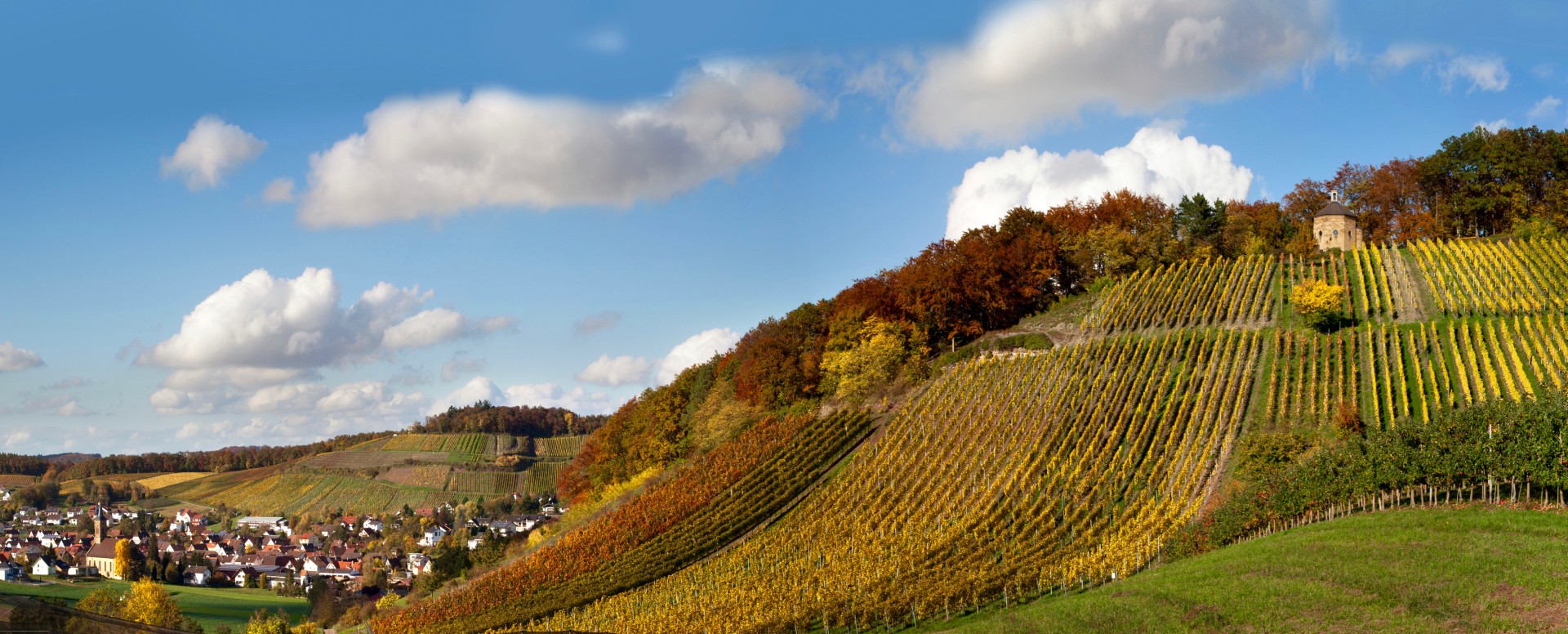
Constance Moofushi Maldives is set to welcome Patrick Jacklin of Weingut Heitlinger, Germany, for an exclusive wine tasting experience on 9th March from 06:00pm to 07:30pm. Set on a sunset sandbank, this unique experience will feature a curated selection of biodynamic wines, paired with refined canapés in an unforgettable Indian Ocean setting. During his visit, Patrick Jacklin will also conduct a dedicated masterclass with the resort’s sommeliers, offering an opportunity to further expand their knowledge and understanding of biodynamic wines and viticulture.
At Constance Hotels & Resorts, wine is an integral part of the guest experience, shaped by passionate sommeliers and a long-standing culture of discovery. At Constance Moofushi, this dedication is reflected in Alizée Restaurant being recognized by The World of Fine Wine for its Best All-Inclusive Wine List, highlighting the resort’s carefully curated selection and pairing philosophy. This intimate tasting continues that spirit, celebrating terroir, craftsmanship, and meaningful encounters between guests and winemakers.
Raised in the Kraichgau region of Baden, Patrick Jacklin comes from a family deeply rooted in winemaking. Alongside his brother Philip, he represents the next generation of the Weingut Heitlinger bringing fresh energy and vision to the estate.

Passionate about biodynamic viticulture Patrick plays an active role in shaping the estate’s style and guiding its evolution in both cellar and vineyard.
Located in Östringen‑Tiefenbach, Weingut Heitlinger, is recognised among Germany’s leading organic and biodynamic estates. The winery is also part of the VDP (Verband Deutscher Prädikatsweingüter) Since 2012, Germany’s most respected association of top-quality wine estates — a distinction that reflects a shared commitment to origin, craft, and rigorous standards.
“This evening with Patrick Jacklin is a celebration of what we love most – exceptional wines, generous sharing, and the magic of a Maldivian sunset. We look forward to welcoming our guests for this intimate moment of discovery,” says Mevin Ramasamy, General Manager of Constance Moofushi.
News
Celebrating the women behind Coco Collection’s island experiences
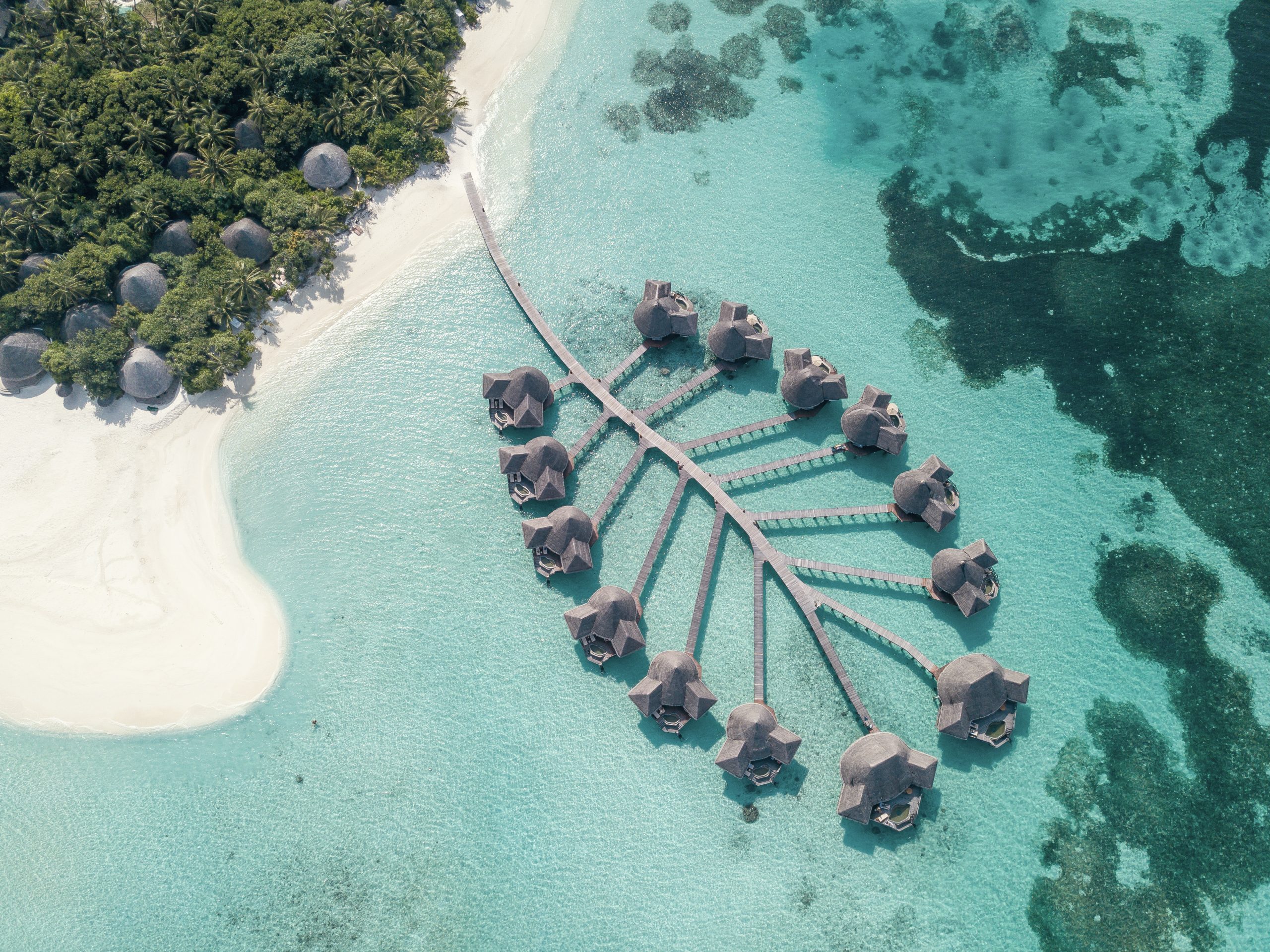
In celebration of International Women’s Day, Coco Collection, a proudly Maldivian-owned hospitality group, continues its mission to empower the women shaping the future of hospitality in the Maldives. This year, Coco Collection celebrates the inspiring women across its island resorts, Coco Bodu Hithi and Coco Palm Dhuni Kolhu. Leading with vision, purpose, and passion creating meaningful guest experiences while championing sustainability and community empowerment.
At Coco Bodu Hithi, women play a pivotal role in redefining luxury hospitality through innovation, artistry, and heartfelt service. From front-of-house professionals to wellness experts, female team members are instrumental in shaping the resort’s distinctive guest journey with warmth, precision, and flair.
The resort will celebrate women who are breaking barriers in traditionally male-dominated roles, leading departments with confidence and inspiring the next generation of hospitality professionals. Their contributions span guest relations, culinary arts, spa and wellness, resort operations and more. Each bringing a powerful blend of expertise, and creativity that elevates the island experience.
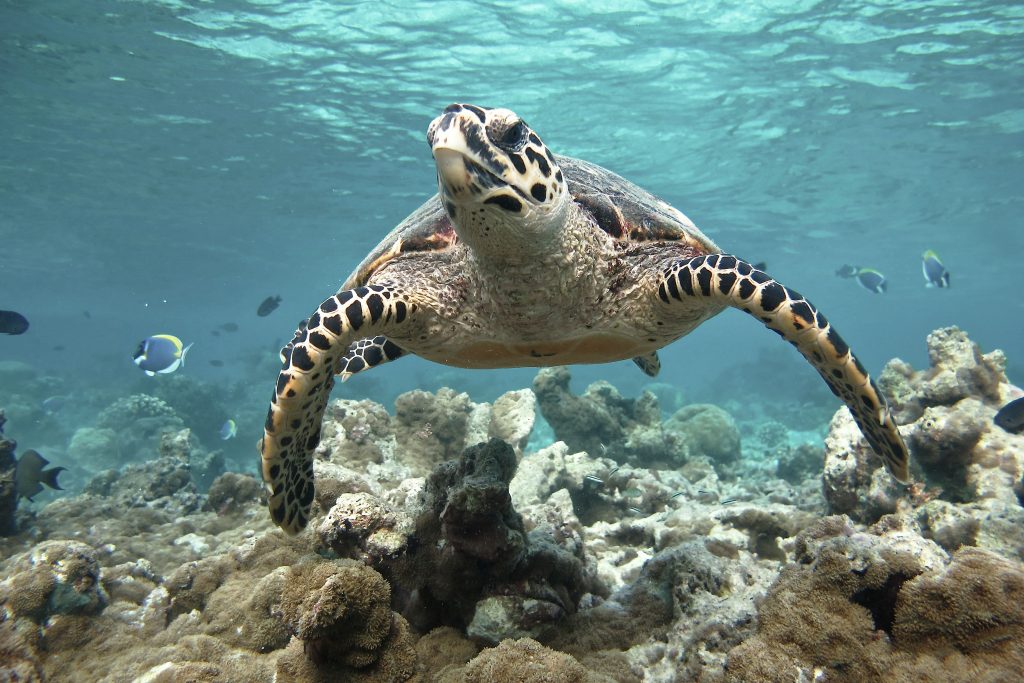
“Being part of this journey means creating experiences that nurture both body and mind. As women in leadership, we bring passion, intuition, and dedication to everything we do, inspiring our teams while ensuring every guest leaves feeling renewed and cared for,” says Dini Utami, Spa and Wellness Manager at Coco Bodu Hithi.
Through mentorship initiatives and professional development programmes, Coco Bodu Hithi fosters an environment where women can thrive, lead, and innovate. Their leadership not only enhances the guest experience but also strengthens the culture of collaboration and inclusivity that defines the resort.
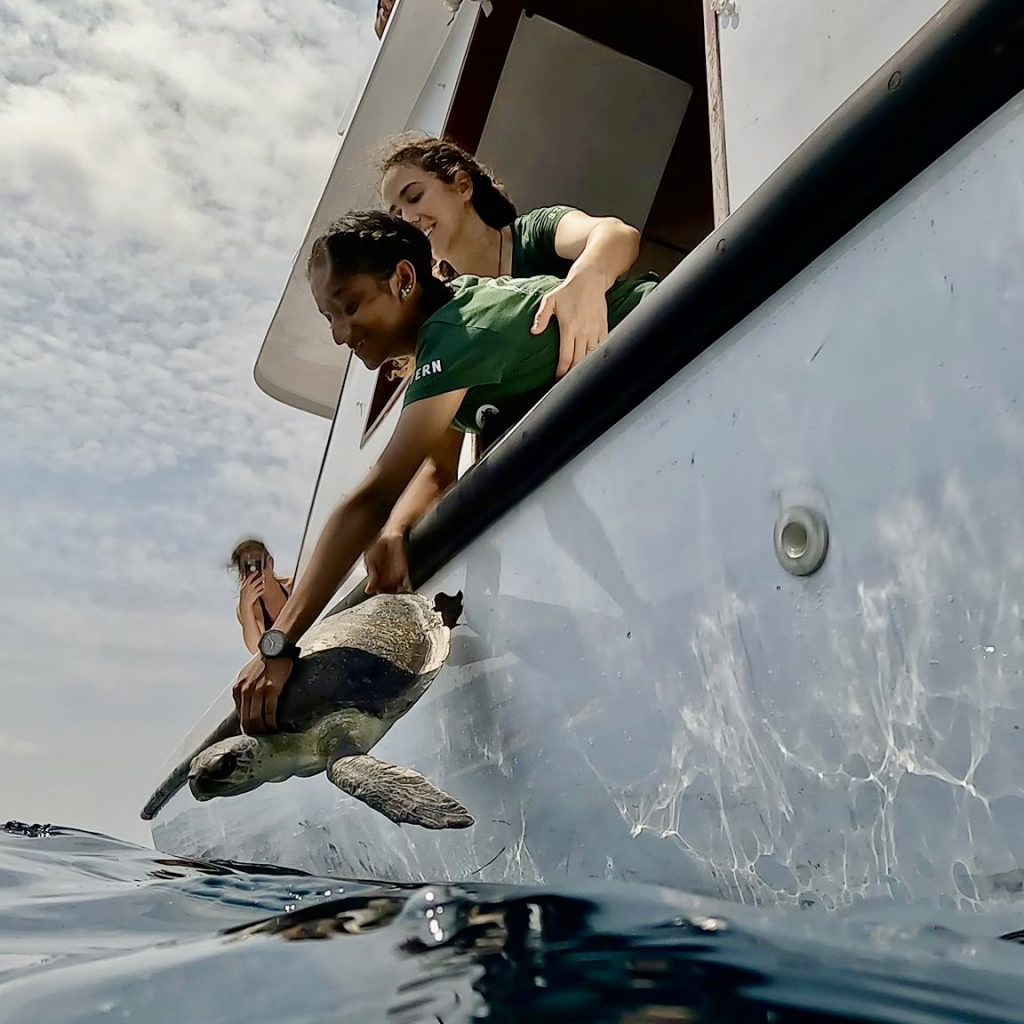
In honour of International Women’s Day and this year’s theme, “Give to Gain,” the resort pays tribute to their courage, creativity, and leadership with a series of specially curated guest experiences. Highlights include an exclusive 25% saving on dive adventures, inviting guests to celebrate strength and spirit beneath the waves. Guests may also indulge in traditional Henna Art, a beautiful expression of culture and artistry, or savour an intimate Romantic Beach Dinner Under the Pergola, where refined flavours are complemented by the tranquillity of the ocean.
At Coco Spa, tranquillity and empowerment unite in the bespoke “Her Wellness Journey”, a restorative experience designed to nurture body, mind, and spirit. This indulgent offering includes a complimentary revitalising face mask, a soothing herbal tea refreshment, and an exclusive 20% saving on retail purchases, available from 1 to 15 March 2026. Thoughtfully selected, the experience invites every guest to pause, reflect, and embrace holistic wellbeing in a sanctuary of calm.
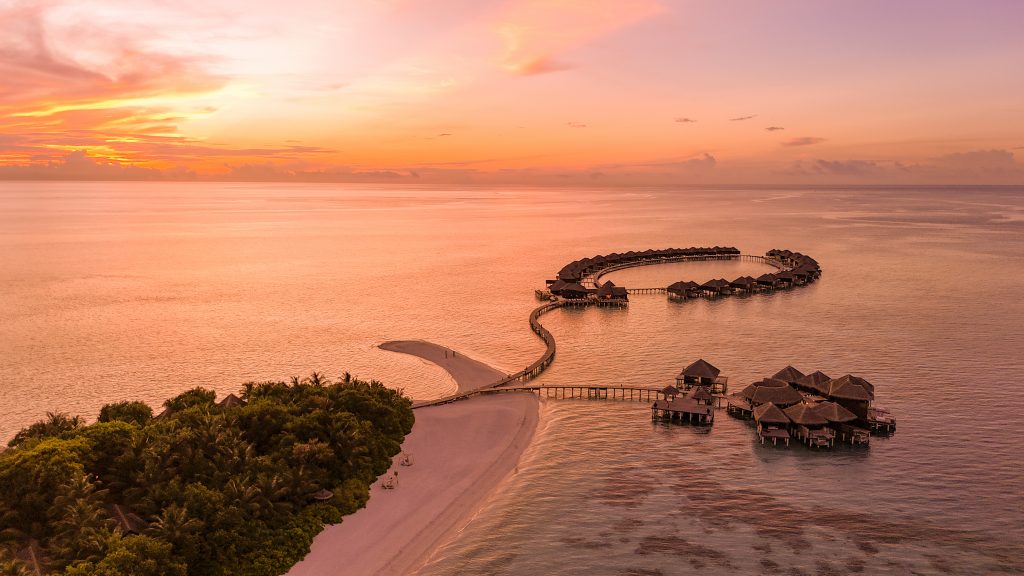
At Coco Palm Dhuni Kolhu, sustainability lies at the very heart of the island experience, championed by many dedicated women across the island. Nestled within the UNESCO Biosphere Reserve of Baa Atoll, the resort is deeply committed to environmental stewardship, with female team members leading and supporting impactful conservation initiatives that safeguard the natural beauty of the Maldives.
From marine conservation and coral regeneration projects to innovative waste reduction strategies and community outreach programmes, women at the resort are driving meaningful and measurable change. Their influence extends beyond daily operations, shaping long-term environmental strategies that protect the island’s fragile marine ecosystem for generations to come.
“Our work is about more than protecting coral reefs; it’s protecting an entire ecosystem that island communities depend on,” says Rosalie Bailie, Marine Educator at Coco Palm Dhuni Kolhu. “Through restoration, research, and education, we aim to inspire both guests and locals to become active stewards of the ocean.”
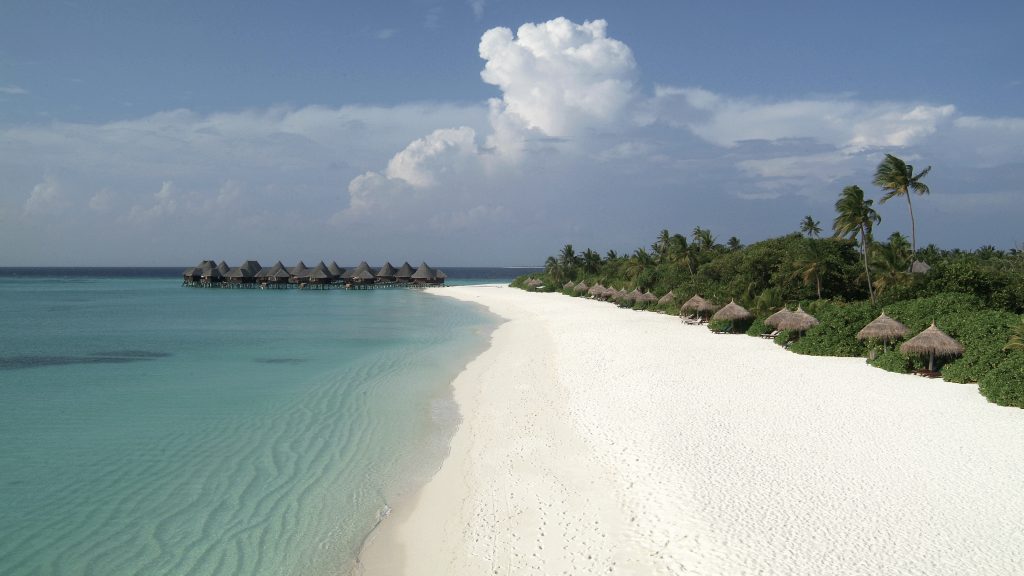
Central to these efforts is the resort’s ongoing work with the Olive Ridley Project (ORP), supporting turtle conservation, rehabilitation, and marine research. Through education, advocacy, and hands-on involvement, female sustainability associates along with the Marine Educator actively contribute to protecting endangered sea turtles and raising awareness among guests about responsible marine interaction, transforming guest holidays into a purposeful journey.
Coco Palm Dhuni Kolhu marks the occasion with a vibrant programme of shared guest experiences. As part of the celebrations, female guests are invited to enjoy an exclusive 20% saving on experiences across the island, an opportunity to explore, connect, and celebrate in a setting where sustainability and empowerment go hand in hand.
To plan your dream Maldivian escape in advance, take advantage of an exclusive Early Bird offer. Enjoy a limited-time early booking offer up to 40% savings on villa rates when you reserve ahead of time, available at Coco Bodu Hithi and Coco Palm Dhuni Kolhu. For further queries and reservations, contact reservations@cococollection.com or visit www.cococollection.com.
Family
Easter comes alive at Amilla Maldives with family activities
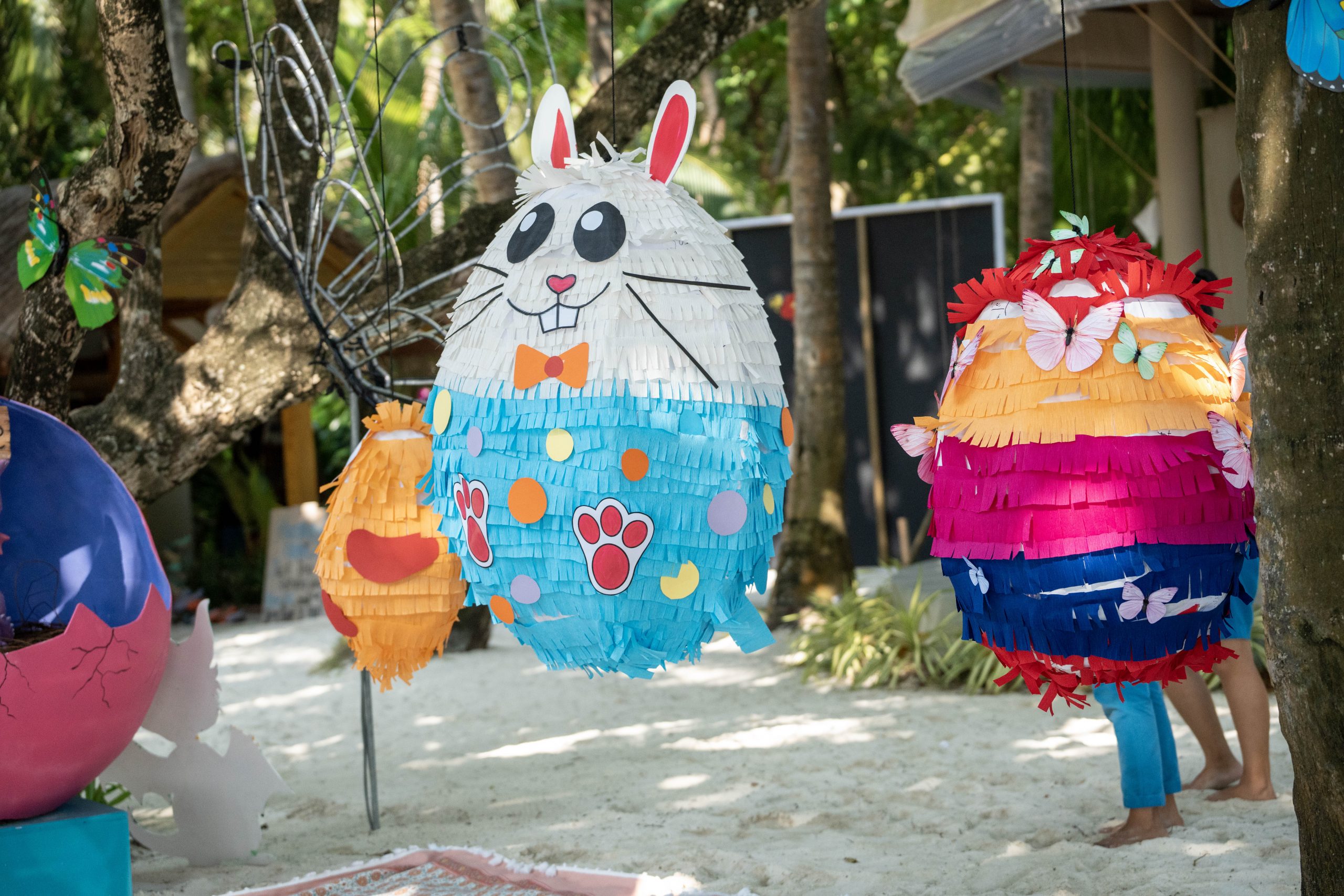
This Easter, Amilla Maldives invites families to enjoy a joyful island journey filled with creativity, discovery and shared moments in the heart of the Baa Atoll UNESCO Biosphere Reserve.
Taking place from 1 to 12 April 2026, the Easter programme follows the story of Paddy the Travelling Bear and his friend Bunny, guiding young explorers through a series of themed activities, playful challenges and creative workshops across the island.

Throughout the celebration, guests can take part in Easter egg hunts and treasure trails, discovering hidden surprises across sandy pathways and beneath the island’s banyan trees. Creative sessions invite little ones to paint, craft and build keepsakes, while interactive games and island adventures encourage curiosity and playful exploration.
The festive programme also includes a variety of family-friendly entertainment and wellness experiences, allowing guests of all ages to enjoy the island in their own way, whether through gentle moments of creativity, active outdoor play or shared family activities.

The festivities culminate on Easter Sunday, when the island comes alive with joyful celebrations, music and activities for the whole family, creating memories to treasure long after the holiday ends.
Surrounded by lush tropical greenery, white sand beaches and vibrant marine life, Amilla Maldives offers a naturally beautiful setting for a memorable Easter escape.
Guests can explore the full Easter programme here. For more information about Amilla Maldives, please visit www.amilla.com.
-
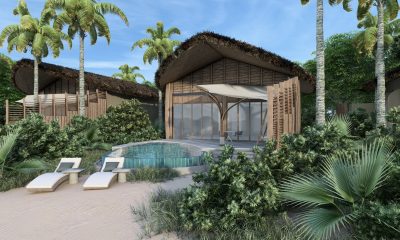
 News1 week ago
News1 week agoPulse Hotels & Resorts unveils Aura Maldives, a mindful luxury sanctuary
-
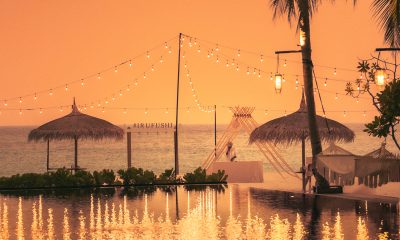
 News1 week ago
News1 week agoSun Siyam Iru Fushi sets new nenchmark with 24 Hour Premium All Inclusive Dine Around
-
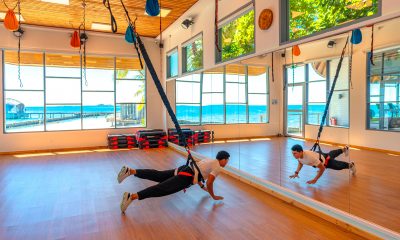
 Fitness1 week ago
Fitness1 week agoOUTRIGGER Maldives Maafushivaru launches expanded wellness programming for 2026
-
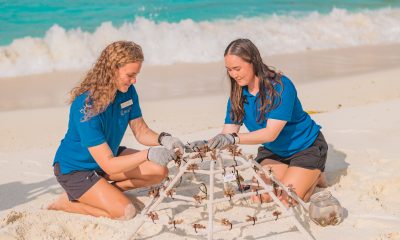
 Action1 week ago
Action1 week agoSheraton Maldives Full Moon celebrates sixth anniversary of Reefscapers collaboration
-
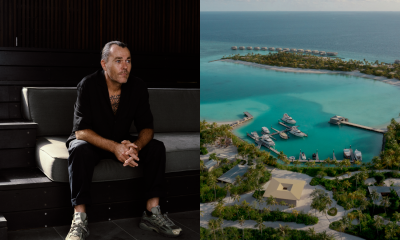
 Cooking1 week ago
Cooking1 week agoPatina Maldives hosts Chef Shannon Bennett for exclusive April residency
-
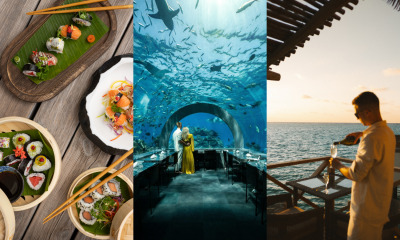
 Featured1 week ago
Featured1 week agoYou & Me Maldives unveils curated Premium All Inclusive programme
-
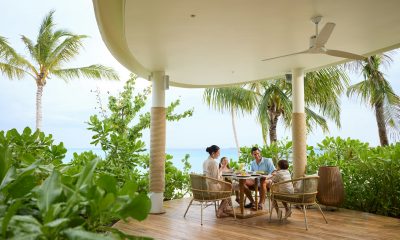
 Awards1 week ago
Awards1 week agoCentara Mirage Lagoon Maldives named Luxury Family Friendly Resort of the Year
-

 Cooking1 week ago
Cooking1 week agoSun Siyam Olhuveli hosts Italian Chef Francesca Gambacorta at Milano restaurant



